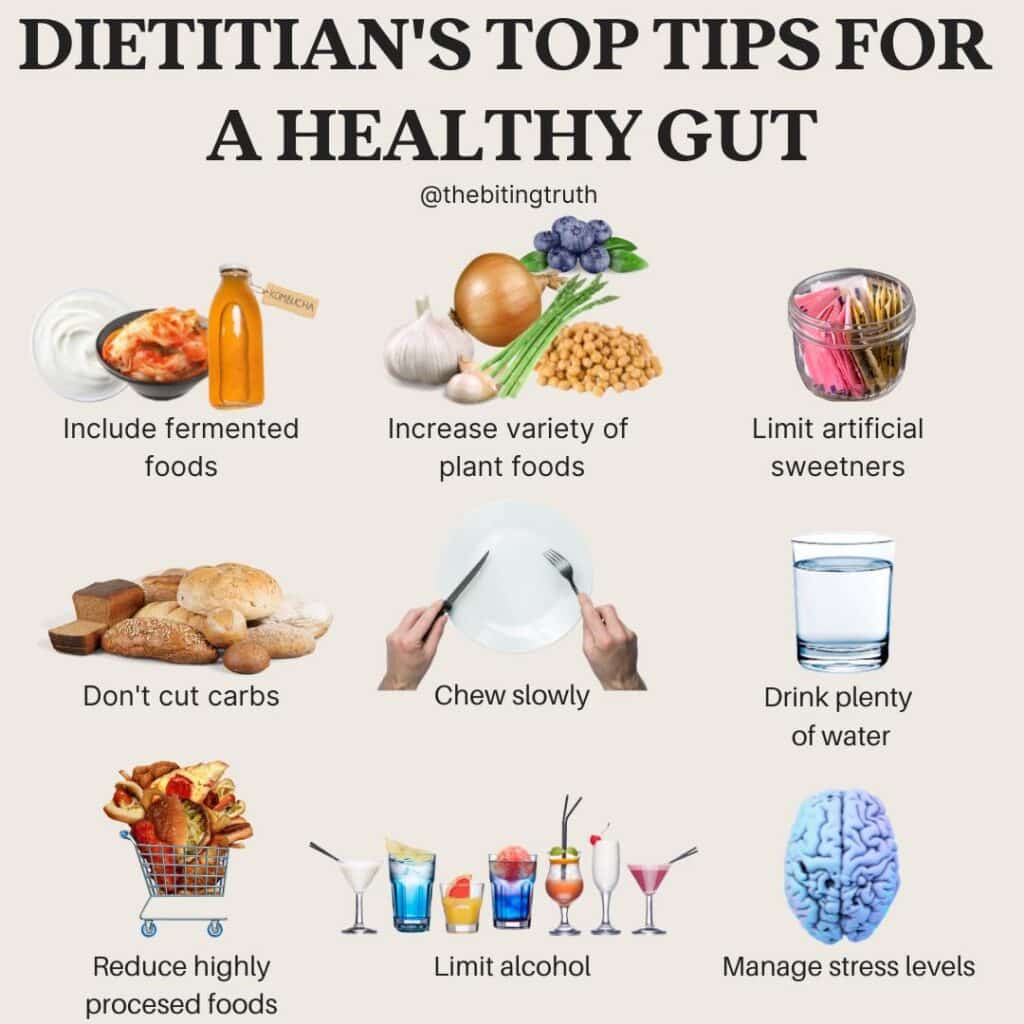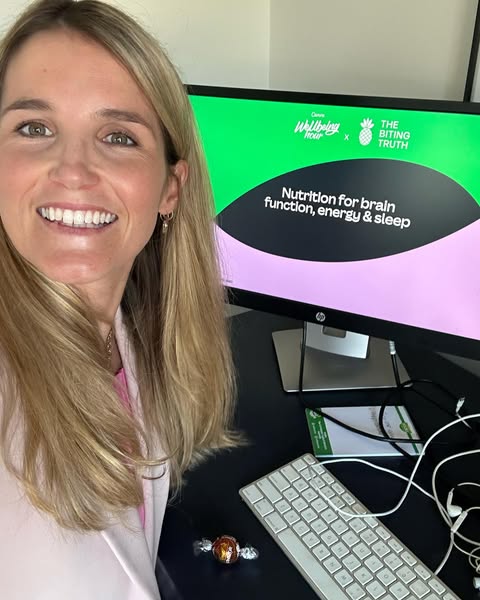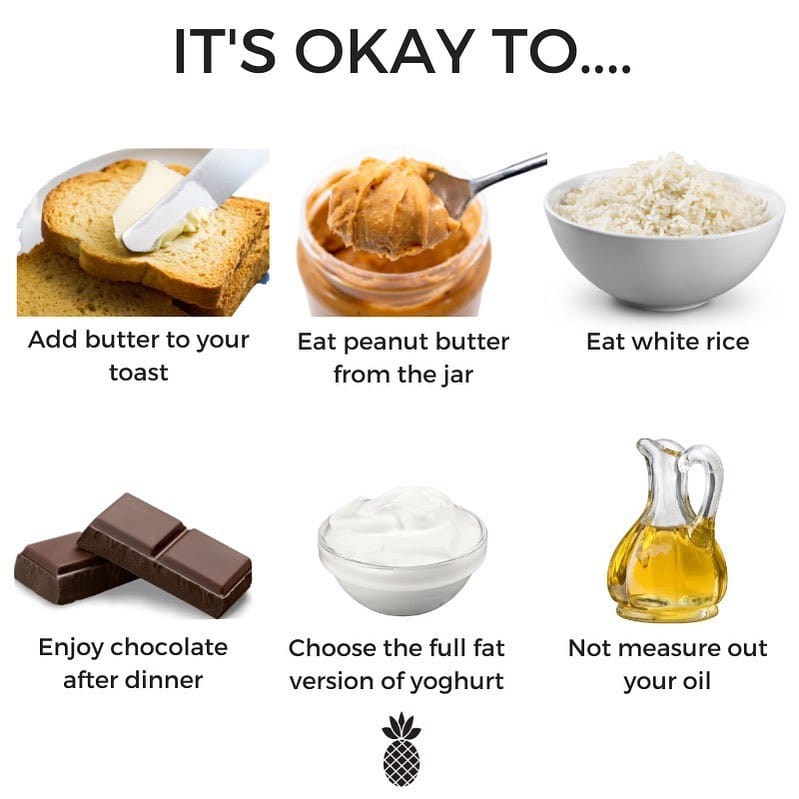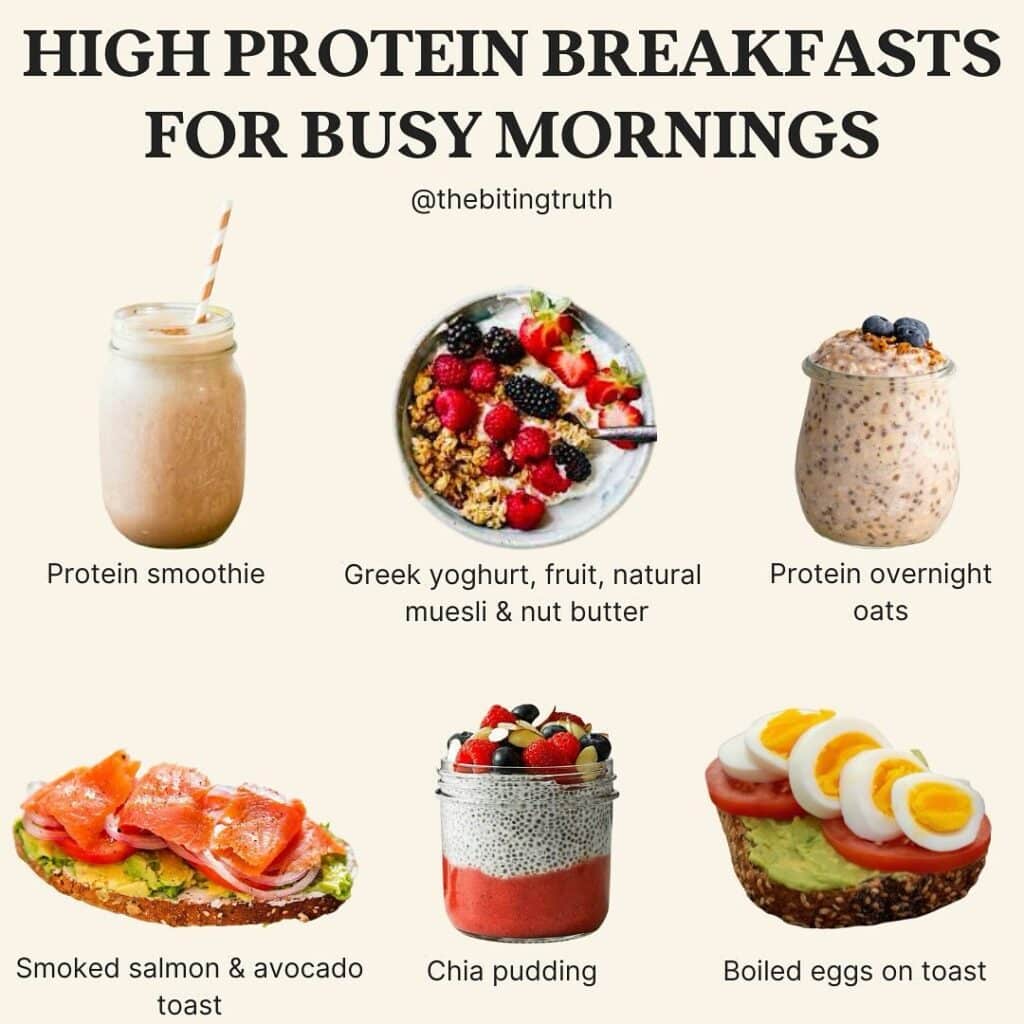Free shipping for orders over $80
Free shipping for orders over $80
The Alkaline Diet, also known as the pH diet or acid-alkaline diet, has recently gained traction among celebrities and social media influencers. Proponents claim that by swapping acid-forming foods for alkaline ones, you can lose weight, reduce inflammation, and even help prevent cancer. So, what’s the real deal?
The Alkaline Diet is based on the idea that the foods you eat can affect the pH level of your blood. It suggests that consuming acid-forming foods makes your body work harder to neutralize the acid, using alkaline minerals to balance the pH. The diet recommends a ratio of 80% alkaline foods to 20% acidic foods.
Acid-forming foods: Meat, rice, pasta, bread, cheese, soft drinks, alcohol, coffee, and sugar.
Alkalizing foods: Most fruits and vegetables, almonds, chestnuts, tofu, herbal tea, some seeds, and apple cider vinegar.
Advocates of the Alkaline Diet argue that acid-forming foods can stress the body, leading to weight gain, inflammation, and even acidosis (excess acidity in the blood and tissues). They believe that by eating more alkaline foods, you can:
Human blood pH is tightly regulated, staying within a narrow range of 7.35 to 7.45, which is slightly alkaline. This regulation is so precise that food intake does not impact blood pH.
The body’s systems—such as the stomach, gall bladder, liver, and kidneys—work continuously to maintain this pH balance. Some people measure their urine pH to track their diet’s impact, but urine pH doesn’t reflect blood pH. Urine acidity changes based on diet to help maintain blood pH. For instance, after eating a large steak, urine becomes more acidic as the body manages to keep blood pH steady. Additionally, pH varies in different parts of the body; for example, the stomach is highly acidic (pH 3.5 or lower) to aid digestion.
The concept of foods being acidic or alkaline doesn’t significantly impact blood pH, as the body efficiently regulates this. However, the Alkaline Diet promotes a beneficial message: eating more fresh vegetables and less processed food can improve health. Avoiding sugar, alcohol, and processed foods is also good advice for weight management. Nevertheless, the Alkaline Diet’s restrictions on dairy, meat, poultry, grains, and some fruits may lead to nutrient deficiencies and make the diet challenging to sustain long-term
—
Let us know if you would like us to write about any other diets or food trends! For more of our nutrition blogs, click here.






